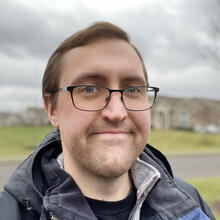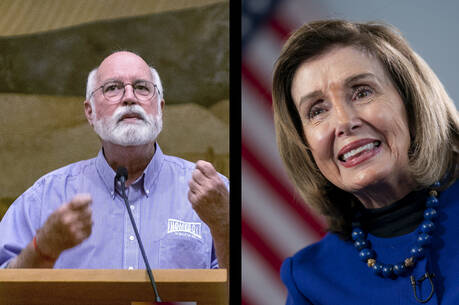The Catholic Movie Club is a short weekly essay pulling out spiritual themes in our favorite films. You can discuss the movies with other readers in the comments on this page or in our Facebook group. Find past Catholic Movie Club selections here.
What if you could do it all over again? That’s a question we’ve all asked, at one time or another. The years go on and there’s a certain grief in realizing that your life has more or less taken shape, with so many other possible avenues now closed off and lost. So you wonder: what if you could relive a time of your life that was ripe with possibility? Explore some of those alternate paths and discover where they lead. Maybe fix some mistakes along the way.
This is what Peggy Sue learns: we all want a second chance at the past, but the real second chances only happen in the here and now.
That’s the opportunity Peggy Sue Bodell (Kathleen Turner) gets when she faints at her 25-year high school reunion and wakes up in the spring of 1960, her senior year. She’s had plenty of time over the intervening two-and-a-half decades to reflect on what she would have done differently in her life. She got pregnant and married her high school sweetheart, Charlie (Nicolas Cage), right after graduation; now their children are grown and their marriage is crumbling. “Peggy Sue Got Married” (1986), directed by Francis Ford Coppola and written by Jerry Leichtling and Arlene Sarner, follows Peggy as she attempts to discover if she can—or should— change her future.
Despite its high concept premise, “Peggy Sue Got Married” largely avoids fretting over timeline paradoxes and remains grounded in the emotional experience of returning to one’s youth (it would be a good companion piece with “Back to the Future,” a previous Catholic Movie Club selection). The most powerful moments come from Peggy Sue experiencing things that, for the rest of us, are lost to time. She returns to her childhood room, every object full of bittersweet and almost sacred meaning; she spends time with her now-deceased grandparents, and seeks their comfort and guidance one more time.
Likewise, Peggy Sue’s attempts to do things differently aren’t of the history-altering variety. Instead, she chooses to be a little kinder, a little more adventurous; to cherish the time she has with the people she loves, knowing that it’s limited. This clarifies for her what, and who, really matters in her life. As her grandmother tells her: “Right now, you’re just browsing through time. Choose the things you’ll be proud of. Things that last.”
In the end, the biggest change she makes is not in the past but in the present: granting a measure of forgiveness to the person who’s hurt her the most. In my “Back to the Future” reflection, I wrote about memory as a spiritual practice and how reflecting on the past can make us more attentive to the present. “Peggy Sue Got Married” offers a similar lesson. If God speaks to us through our heartfelt desires, then maybe what we’re really hearing is not a desire to change the past but a call to change the present. The good news is that we can do that without time travel. This is what Peggy Sue learns: we all want a second chance at the past, but the real second chances only happen in the here and now.
“Peggy Sue Got Married” is streaming on the Criterion Channel and available to rent or buy on Amazon and AppleTV+.








